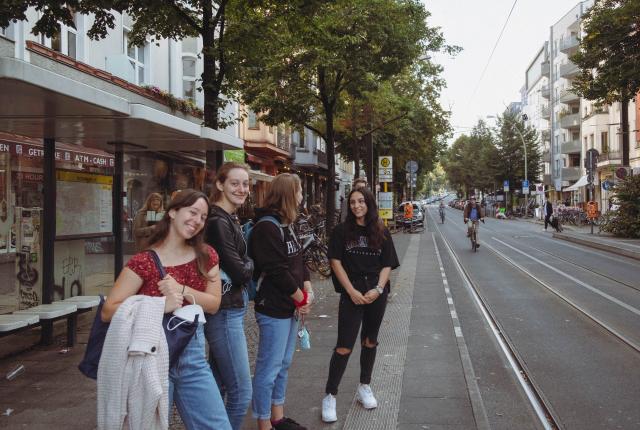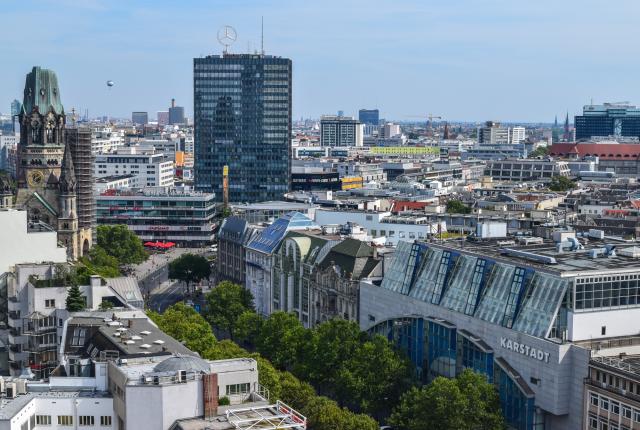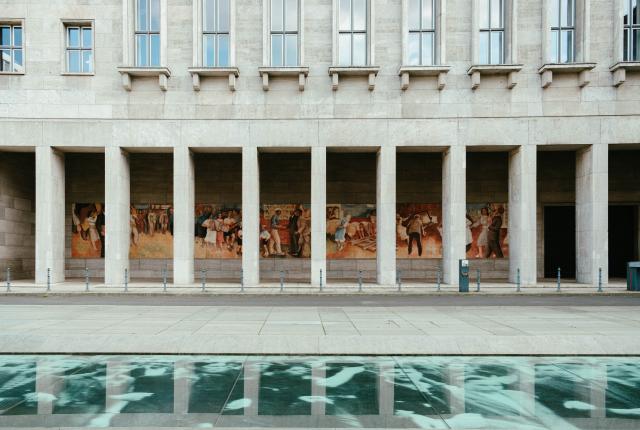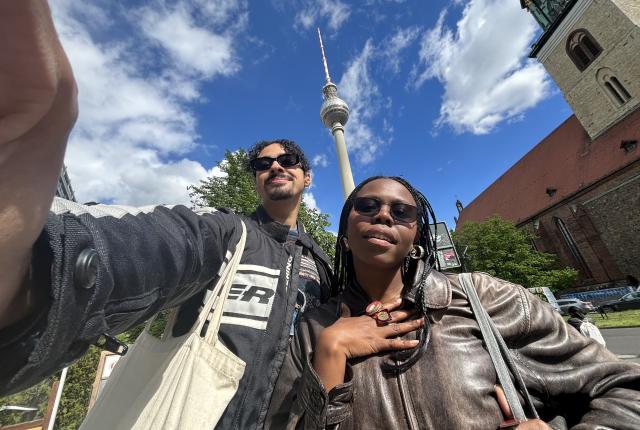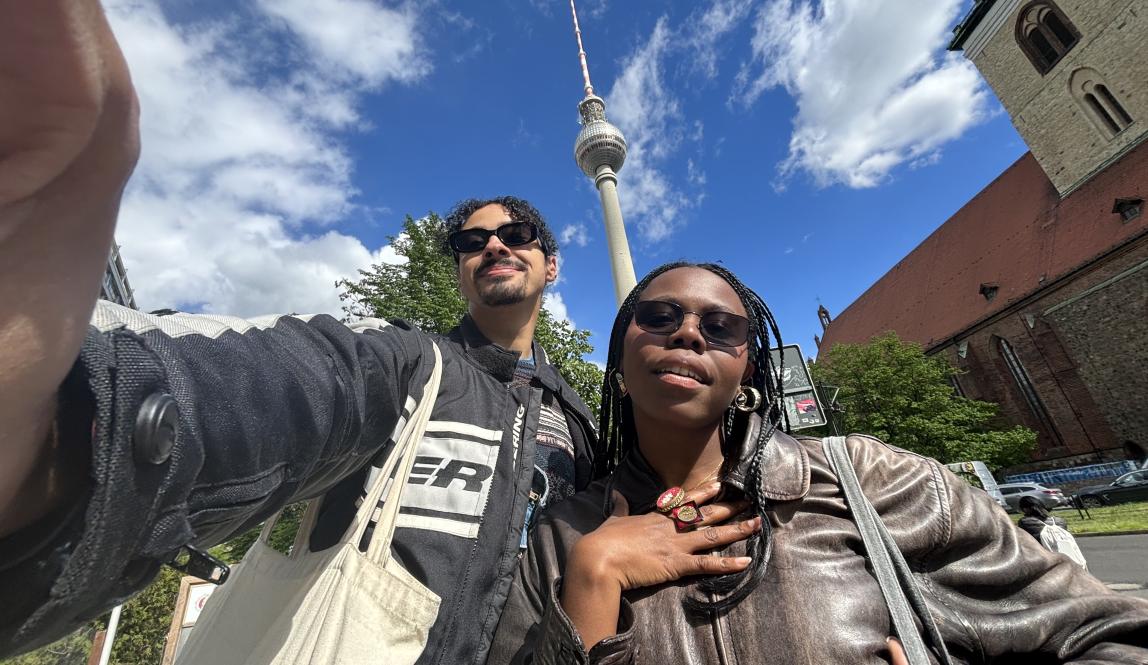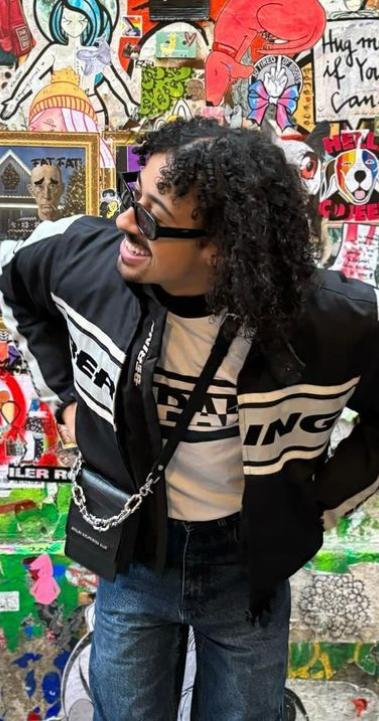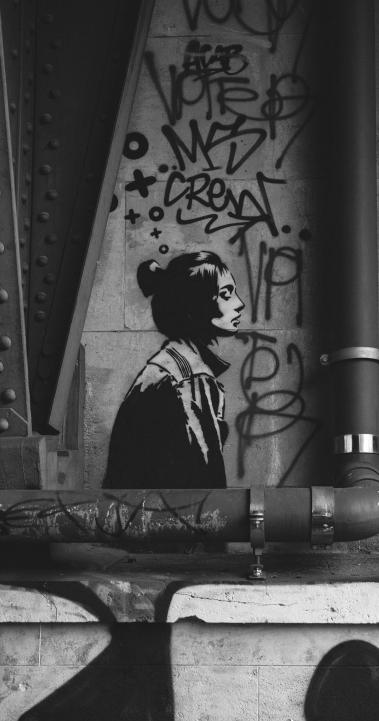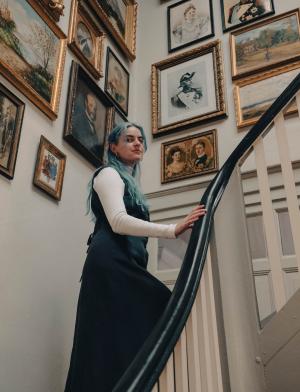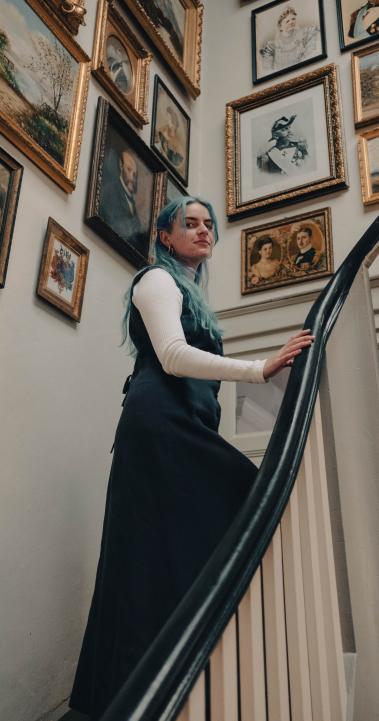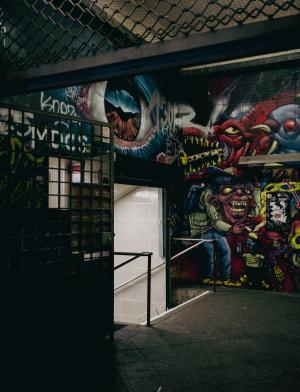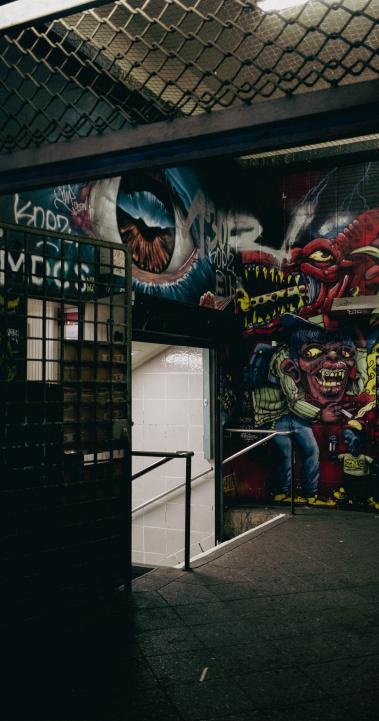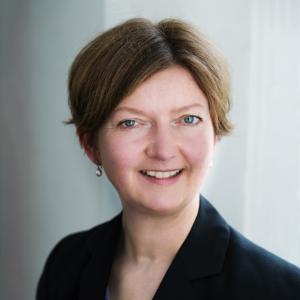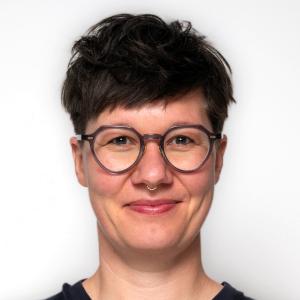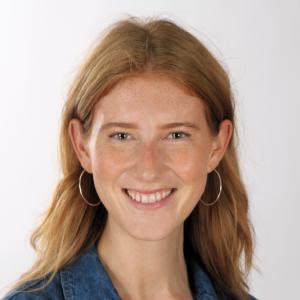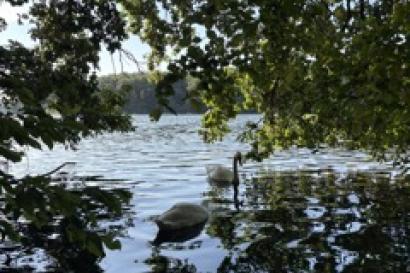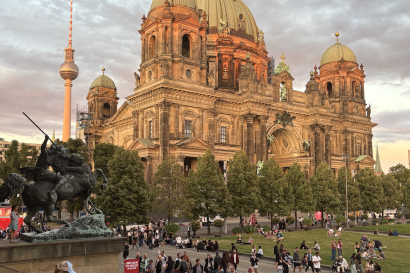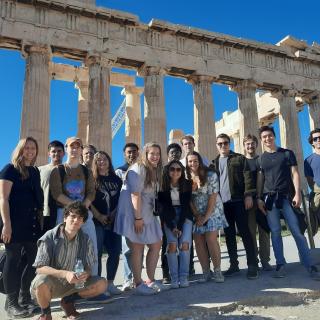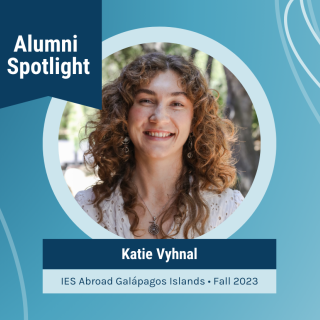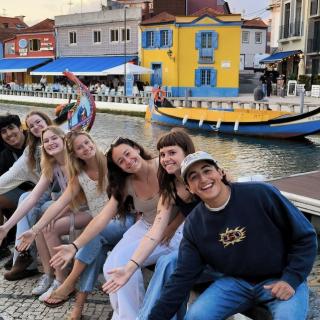What to Expect in Berlin
Study abroad in Berlin and take advantage of all there is to explore in a city brimming with modern innovation and rich avant-garde culture.
An average day could include a visit to the Berlin Wall before checking out a new music venue or art exhibition, since in Berlin, the past really does meet the present. Modern architecture and a vibrant youth culture surround the historical sites that you read about in textbooks. Let history surround you as you dive into the vibrant cultural scene of Germany’s capital and largest city.
People from all over the world come to study in Berlin, making it the perfect place to study abroad. From international affairs and security to language studies—or even a full-time internship, one of our programs will provide the ultimate Berlin study abroad experience for you!
